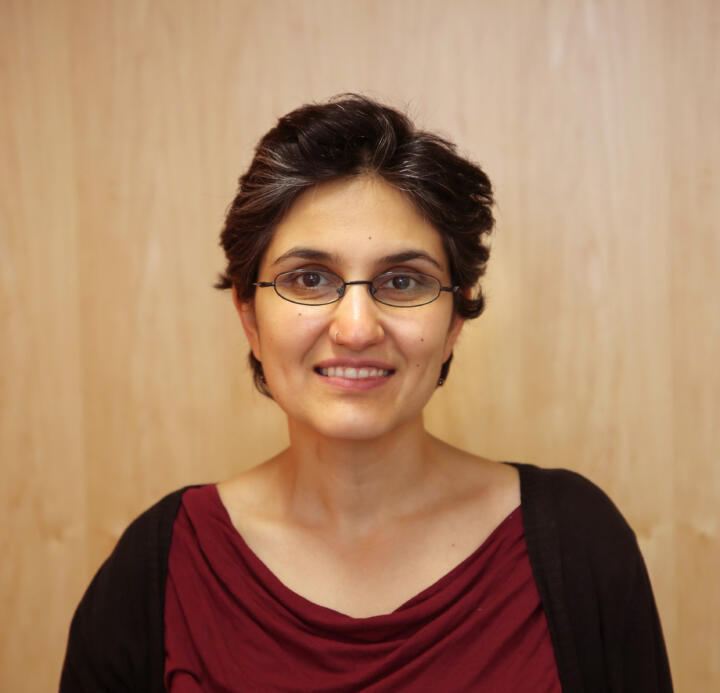Akademi interviews Dr Naaheed Mukadam

Akademi interviews Dr Naaheed Mukadam, Alzheimer’s Society Senior Research Fellow at University College London (UCL).
In partnership with her, and University College London (UCL), Akademi Dance Artist Jesal Patel developed and delivered a suite of accessible dance and movement sessions for South Asian care home residents at Sonali Gardens in Shadwell and Sycamore Lodge in Acton, as part of a larger research project investigating the impact of music and movement on memory.
AK: To start with, we’d love to know more about you and how did your interest in mental health and dementia come about?
NM: My interest in mental health started as soon as I did my first placement in psychiatry in medical school. I found the stories from patients fascinating and that led to me applying for specialist training in mental health. Dementia is a complex illness that has such a profound impact on people’s lives and this spurred me on to learn more about it and learn more about how to help.
AK: Can you please tell us a little bit about your research project at the UCL and its aims?
NM: My research at UCL has several strands – I am interested in what causes dementia and have researched how to prevent dementia, how common it is and how it varies by ethnic group. I am also interested in reducing stigma around dementia and encouraging people with dementia to seek help earlier, particularly in minority ethnic communities.
AK: According to the World Health Organisation, there are currently 55 million Dementia cases in the world increasing at the rate of 10 million per year (March 2023). What is the situation in the UK and how dementia rates differ between different socio‑economic and ethnic groups?
NM: Dementia is the leading cause of death in the UK. It is more common in people from lower socio-economic positions in society and those from minority ethnic groups. People from minority ethnic groups experience dementia onset at a younger age and they also die younger than people from the majority population.
AK: Working with you on this project was delightful, Naheed! Can you please tell our readers more about this collaboration, how it came about and how it played a part in your research?
NM: I wanted to open up the conversation around dementia and engage the public in a non-medical way, to try and reduce stigma around dementia, especially in the South Asian community. I attended a public engagement workshop at UCL and the facilitator suggested Akademi as an organisation that might be useful to partner with. I also contacted Soumik Datta as I knew of his work. Thankfully both he and Akademi agreed to partner with me and we put together a successful event. The work has inspired me to pursue research looking at music interventions in dementia and I will be considering applying for funding for this work soon.
AK: What were your findings at the end of the research and the sessions, especially around using dance movement therapy as an intervention in dementia?
NM: We observed how people came to life with music and movement, especially music that was familiar to them. They not only made eye contact and spoke to us as facilitators, they also connected more with each other. They all seemed to enjoy the sessions and repeatedly asked us when we were coming back to do more sessions! I was struck by how even those with limited mobility were able to take part and benefit from the sessions as they just did what they could but derived benefit from doing something with others.
AK: Congratulations on organising a successful event to fundraise for Alzheimer’s Society which was also a culmination of the dance and music sessions. What’s next?
NM: I am hoping to have the video of the event available on the Alzheimer’s Society site and would like to apply for funding to develop and test a music intervention in dementia.